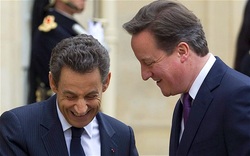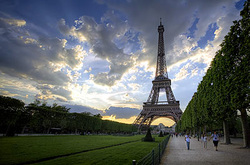When it comes to protecting cultural diversity, governments should be actively involved. Through legislation and funding, many of the problems could be remedied or at least contained. In order for this to actually be effective, there needs to be knowledge of an issue and acceptance that something must be done by locals. Since these are the people who are more directly impacted, it is important that they take pride in their area.
Cultural diversity is essential to defining an area and its citizens. If plant and animal biodiversity of a place begins to crumble, the identity and history is slowly lost too. For example, Australia is one place that is known for their rich diversity. It has famous symbols attached to it, such as the kangaroo and The Great Barrier Reef that make it unique and distinguishable. Without them, the memory of extinct animals and plants will fade, resulting in a great impact to Australia's history.
Despite the fact that cultural diversity is so important to a place, many governments will simply not want to spend the money on it. These programs are costly and sometimes ineffective. Wasting both time and money is not a welcome thing in many's eyes, even for the chance to save something that is the foundation of a group. I will not change my opinion. This is because I think culture is so essential to a place and its people that we cannot risk losing it.
Cultural diversity is essential to defining an area and its citizens. If plant and animal biodiversity of a place begins to crumble, the identity and history is slowly lost too. For example, Australia is one place that is known for their rich diversity. It has famous symbols attached to it, such as the kangaroo and The Great Barrier Reef that make it unique and distinguishable. Without them, the memory of extinct animals and plants will fade, resulting in a great impact to Australia's history.
Despite the fact that cultural diversity is so important to a place, many governments will simply not want to spend the money on it. These programs are costly and sometimes ineffective. Wasting both time and money is not a welcome thing in many's eyes, even for the chance to save something that is the foundation of a group. I will not change my opinion. This is because I think culture is so essential to a place and its people that we cannot risk losing it.



 RSS Feed
RSS Feed